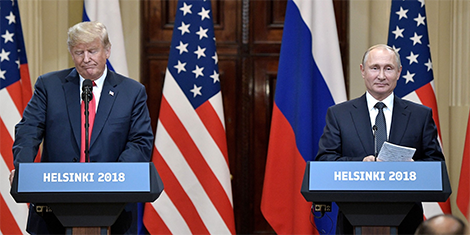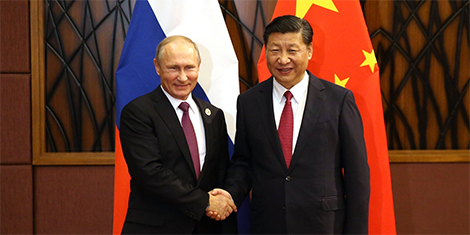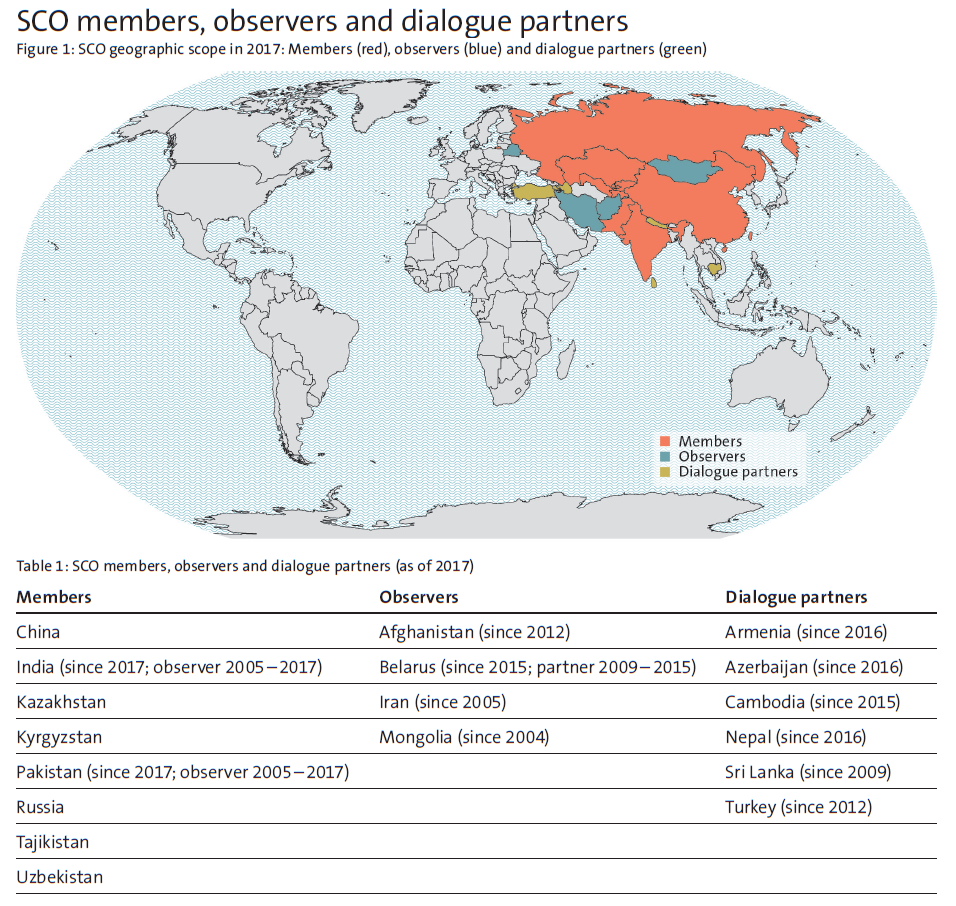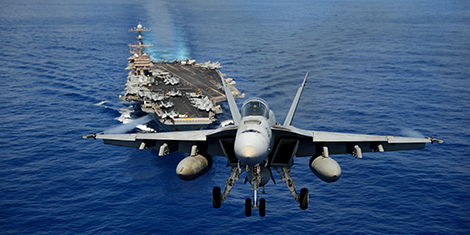
This article was originally published by the Lowy Institute on 17 September 2018.
Key Findings
- There will be broad continuity in Russian foreign policy over the course of Vladimir Putin’s current presidential term. Any policy changes will be stylistic, not transformative.
- The Kremlin is committed to asserting Russia as a global power, although it will be tactically flexible in pursuing this ambition.
- Putin will present different faces to the West: sometimes accommodating, at other times assertive and even confrontational. But there will be no compromise on core principles.







